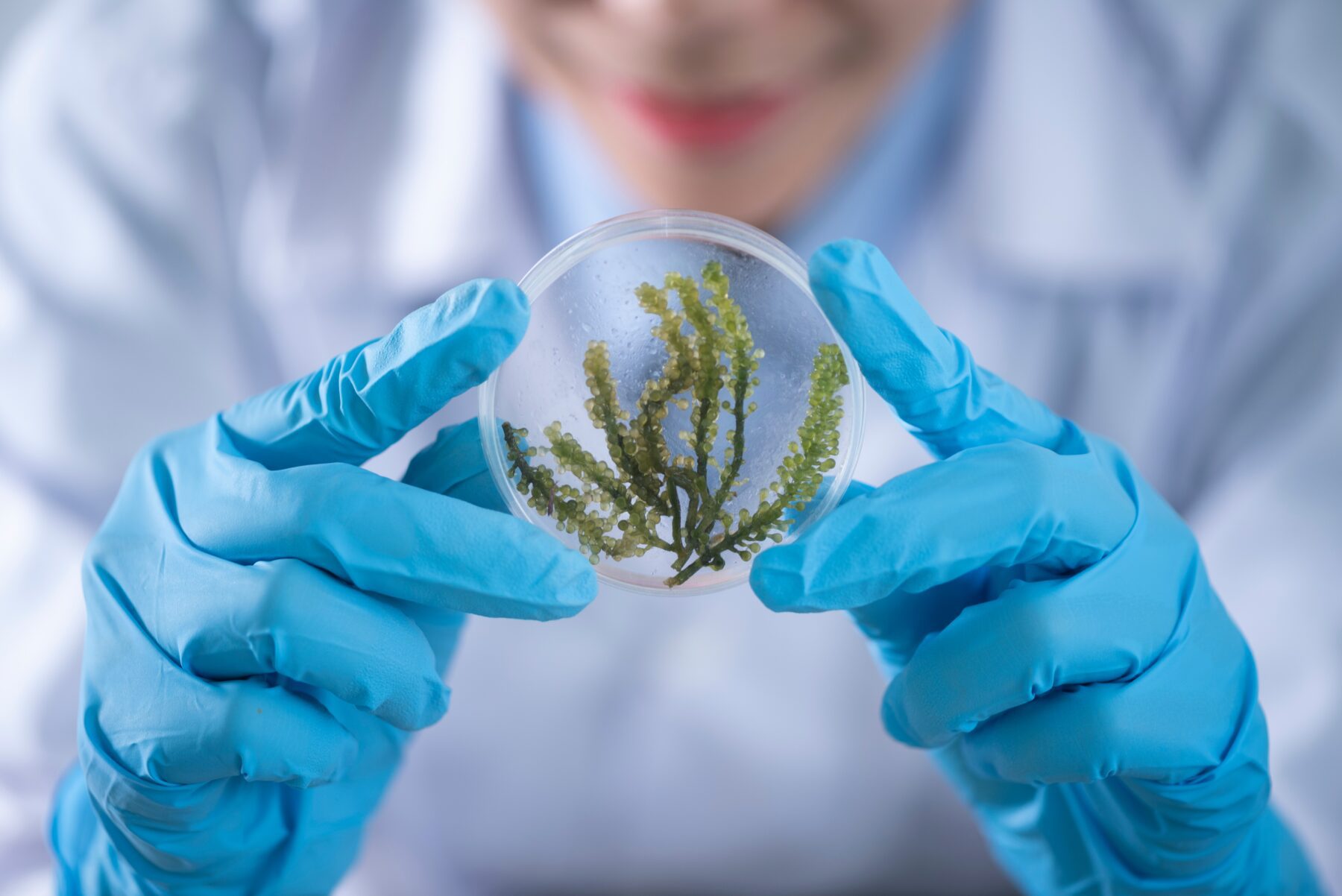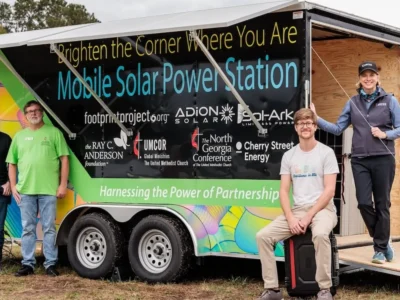While some might still see conflict between faith and science, there are many within both the religious and scientific communities that only see opportunity for learning and dialogue between the two areas of thought. One such organization, the American Scientific Affiliation, exists to bring together those scientists who proclaim Christ as Lord.
Faith and Science Aren’t Enemies
The American Scientific Affiliation, or ASA, began in 1941 as an international network of Christians in the sciences. This community of believers strives “to integrate, communicate, and facilitate properly researched science and theology in service to the Church and the scientific community” (from their website).
The idea of integrating what we can learn from nature and what we can learn from Scripture is not a new one, although it might not be in popular fashion in our culture today. Sometimes called General Revelation and Special Revelation, there is so much we can learn from both God’s creation and God’s revealed Word.
Irenaeus, one of the earliest Christian leaders, was a proponent of what we refer to today as “Two Books” theology. Since the time of Christ, followers of Jesus have argued about the value of the physicality of creation in comparison to “spiritual things.” Irenaeus was one of the first to identify which books ought to be considered Christian Scripture. He also was a prominent voice against the Gnostic condemnation of our material or physical existence. According to Irenaeus, God has written a “Big Book” (Creation) and a “Little Book” (the Bible), and that it is through both of these “books” that God has chosen to reveal his character.
As modern scientists, members of the ASA are united by two things: belief in orthodox Christianity, and a commitment to mainstream science. These two elements place them directly in alignment with Irenaeus and other historical church leaders. Of course, there is and has always been disagreement between varying perspectives, but recognizing that, the ASA strives to be a place where healthy dialogue can take place between differing points of view on the matters of faith, science, and the intersection of the two.
Advancing the Faith and Science Conversation
The primary goal of the ASA is to continue the conversation between science and Christian faith. To accomplish this goal, ASA has four main categories of activities: publications, their website, personal interaction, and community support.
The ASA publishes three different pieces of content: a quarterly journal, Perspectives on Science and Christian Faith, a quarterly newsletter, and an electronic magazine, God and Nature. God and Nature features essays, poetry, photography, and video essays from scientists, scholars, pastors, students, and lay persons around the world.
All three publications serve to encourage and advance thought leadership and conversation between science and faith.
The ASA website has a wealth of resources available for visitors as well as ways to connect with other believers in the scientific community. The ASA Resource Database is searchable by faith/science topic and by author. They host monthly Zoom discussions, called Diving Deeper Discussions, based on selections from Perspectives on Science and Christian Faith. They also regularly host Brown Bag Lunches to interact with various featured speakers. Past events are available on YouTube as well.
How to Connect with an ASA Chapter Near You
In keeping with its goal of bringing individuals together to dialogue about faith and science, the ASA has many local chapters, both in the United States and Canada. Local ASA chapters exist so that members have a space to engage with each other and topics that are relevant to their local context. The vision for these chapters is to increase activity in local regions, serve current members, engage emerging adults in the conversation, and influence the influencers in the scientific, academic, and faith communities.
Local chapters post their upcoming events on the ASA shared community calendar. Recent and upcoming ASA events include a conversation about gene editing and CRISPR, exploring Mars, a guided tour of the Museum of the Bible, and a conversation with Dr. Janel Curry, called “Finding Our Way: Evangelicalism, Feminism, Academe.”
If there isn’t an ASA chapter near you, ASA encourages the launch of local chapters in communities and on college or university campuses. Learn more on their website.
You don’t have to be a scientist to join the ASA. Anyone who has an interest in the ongoing conversation between faith and science is welcome to join. The ASA offers multiple levels of membership, with varying degrees of benefits and access to information accordingly.
Interested in learning more about the American Scientific Affiliation? Visit their website or follow them on Twitter, Facebook, LinkedIn, or Instagram.





 Copyright
2024
Root and Vine
Copyright
2024
Root and Vine